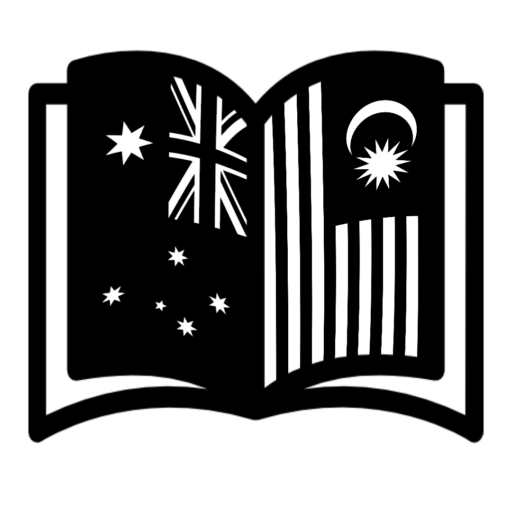Written by: Adelaide Pope

Shari’ah-compliant commerce will arguably be one of the biggest trends of this century. This post provides a simple summary of some of the key terms, principles, instruments and developments of the field, with a primary focus on micro-level disaggregation (i.e. consumer-level thought and decision-making).
According to the World Bank, Islamic or Shari’ah compliant financing “is equity-based, asset-backed, ethical, sustainable, environmentally- and socially-responsible finance. It promotes risk sharing, connects the financial sector with the real economy, and emphasises financial inclusion and social welfare” (World Bank, 2023).
The entire market size (including bank and non-bank institutions, capital markets, money markets and insurance) is estimated at 2trillion USD, and this has seen an estimated compound growth rate of 17% p.a. since 2009 (ADB, 2023 ; World Bank, 2023). (For some context, Australia’s FY2021 GDP was 1.98trillion USD, with an annual growth rate of 2.2%).
Malaysia has been both a leader and pioneer in Islamic finance and banking since the 1990s, now housing the world’s third-largest Islamic banking market, and most number of Islamic banks in the global 100 (16 by market share). Domestically, Islamic financing made up about 41% of Malaysia’s local banking-system loans at year-end-2022 (Fitch Ratings, 2023), dominated by Bank Islam Malaysia (BIMB) and Maybank Islamic — which are also the top two Islamic Banks in Asia. This commitment and integration of Islamic principles in the country’s economy has assisted its impressive human and economic growth trajectory since independence, and also helped it to avoid a number of global crisis including the AFC in 1997.
The history, ethics, and technical aspects of Islamic commerce have been fascinating to learn about, and I am so grateful for the opportunity to study this in Malaysia — the global capital — during my New Colombo Plan Scholarship. I have no doubt that the skills, contacts, perspectives and insights I have gained during my research will be instrumental in my continuing studies and subsequent career in the sphere of sustainable, inclusive and ethical economics.
Thank you Malaysia, Universiti Malaya and Universiti Kebangsaan Malaysia for your academic excitement!!

